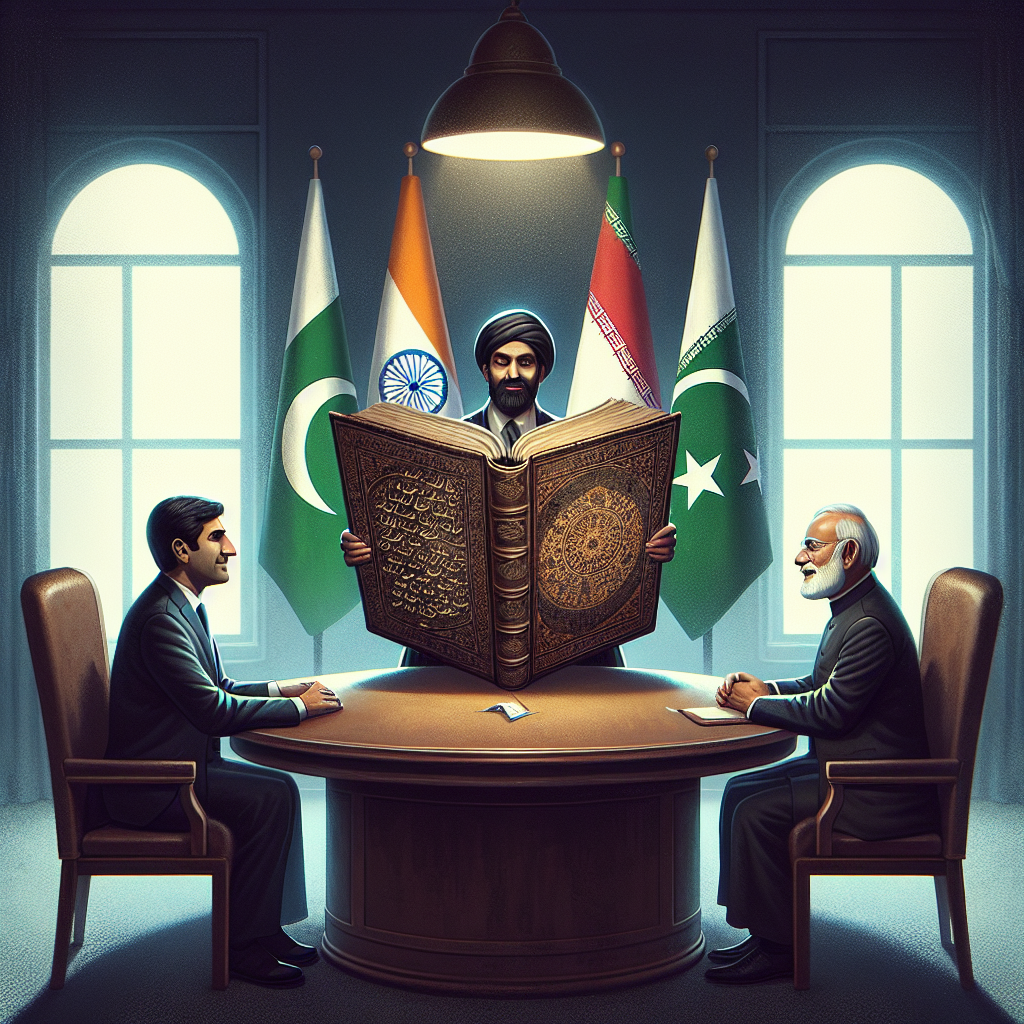Iran Proposes Mediation Between India and Pakistan Using 13th Century Poetry
Iran’s Unique Diplomatic Proposal: Poetry as a Bridge
Introduction
In a novel diplomatic initiative, Iran has proposed using 13th-century poetry as a means to mediate ongoing tensions between India and Pakistan. This creative approach aims to foster dialogue and understanding through cultural and historical connections.
The Power of Poetry
Iran’s proposal leverages the rich literary heritage shared by the three nations, particularly the works of renowned Persian poets like Rumi and Hafez. These poets are celebrated for their themes of love, unity, and peace, which resonate across borders.
- Rumi: Known for his mystical and spiritual poetry, Rumi’s works emphasize the interconnectedness of humanity.
- Hafez: His poetry often explores themes of love and divine unity, offering a common ground for dialogue.
Historical and Cultural Ties
The proposal highlights the historical and cultural ties between Iran, India, and Pakistan, which have been intertwined for centuries. By invoking shared literary traditions, Iran seeks to remind both nations of their common heritage and potential for peaceful coexistence.
Potential Impact
This initiative could pave the way for a new form of diplomacy that transcends political and military tensions. By focusing on cultural diplomacy, Iran hopes to create a platform for constructive dialogue and mutual understanding.
- Encourages cultural exchange and dialogue.
- Promotes peace through shared heritage.
- Offers a non-traditional approach to conflict resolution.
Conclusion
Iran’s proposal to mediate between India and Pakistan using 13th-century poetry is a testament to the enduring power of culture and art in diplomacy. By drawing on shared literary traditions, this initiative seeks to build bridges and foster peace in a region marked by historical tensions.




































